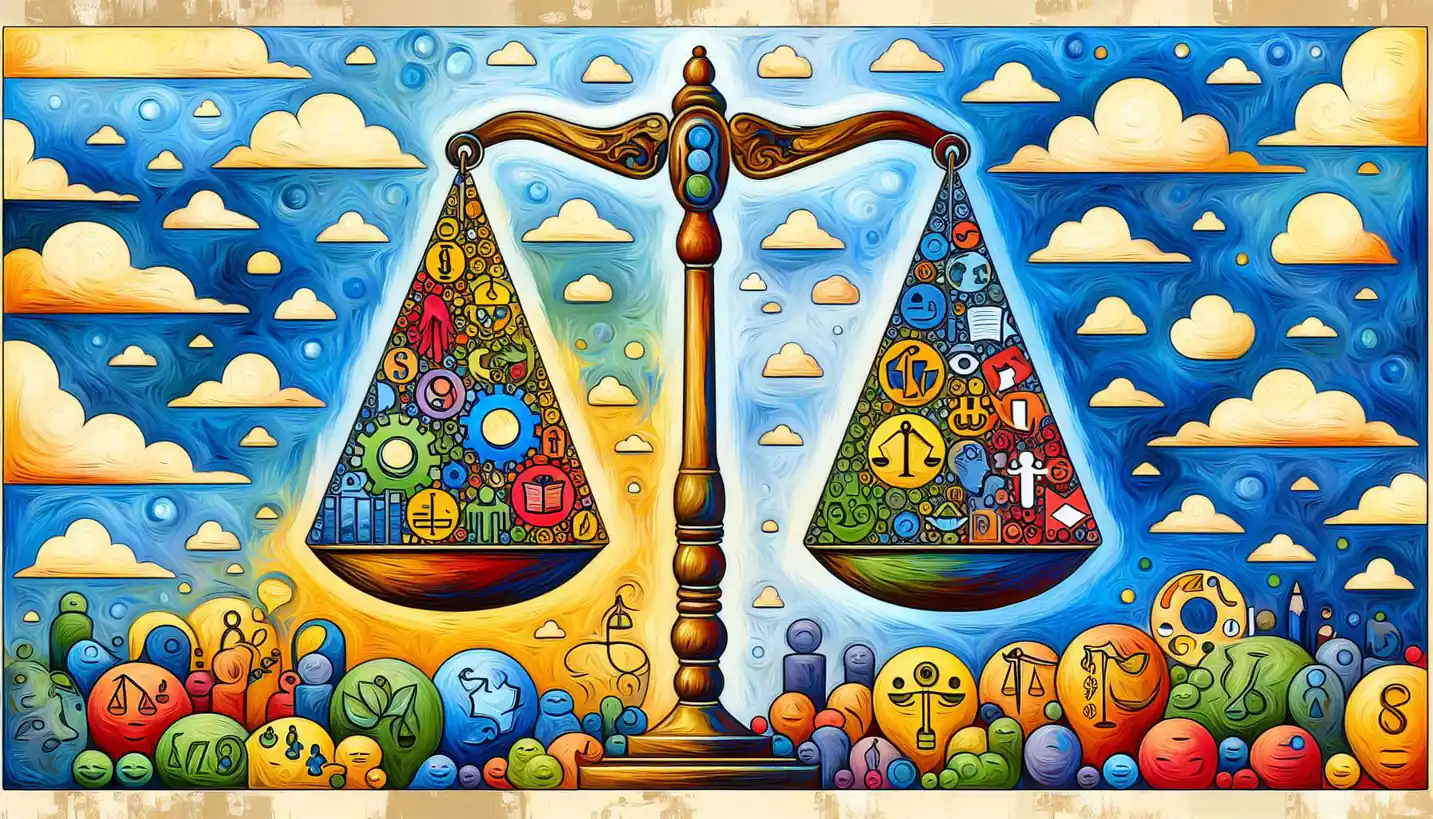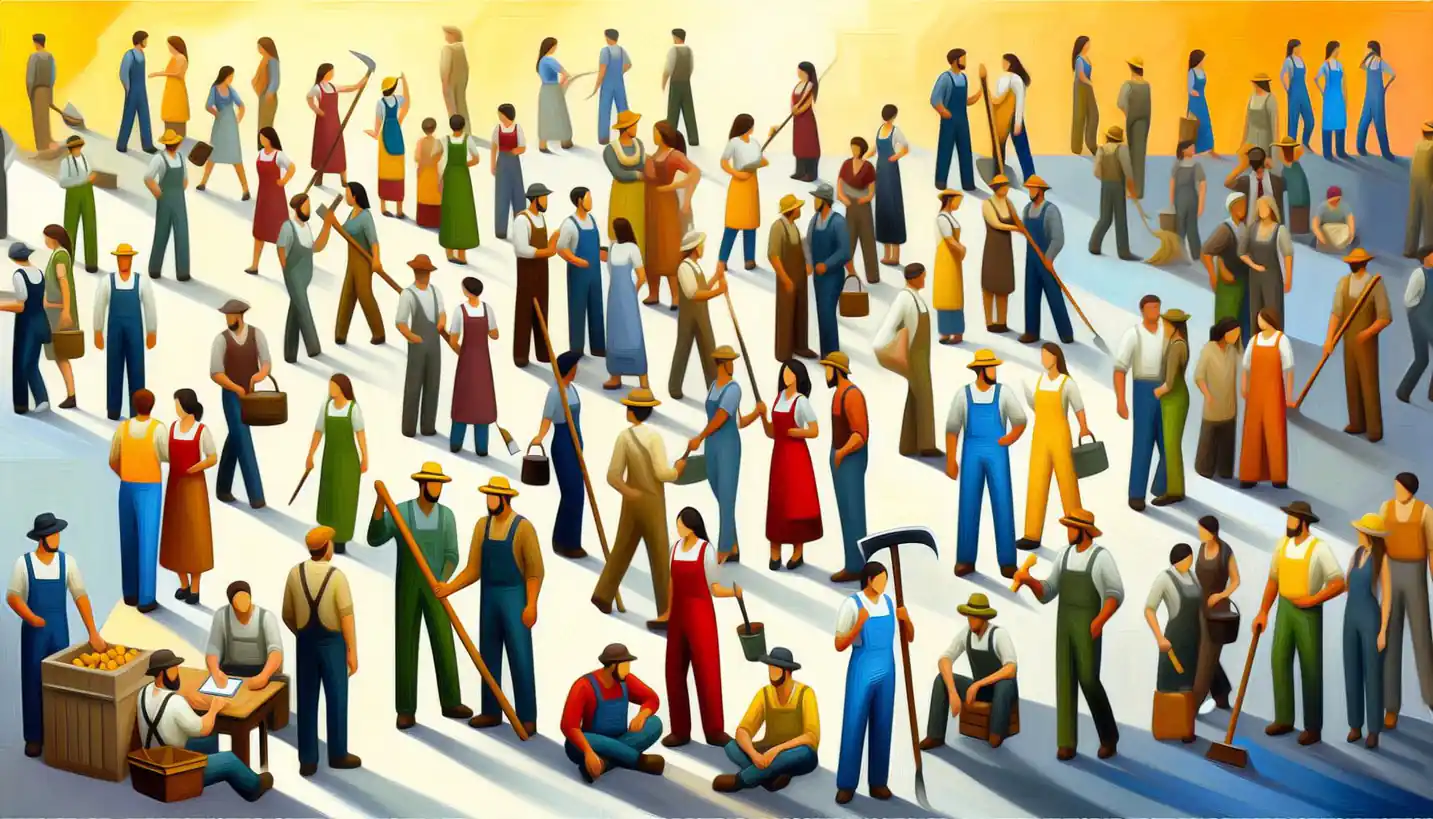· Sociology · 4 min read
Cultural Imperialism: Exploring the Global Influence
Cultural imperialism is shaping cultures worldwide, and its effects are far-reaching. Discover how global influence impacts societies and cultural identities.

In today’s interconnected world, the concept often referred to as cultural imperialism plays a significant role in how cultures interact and transform each other. Think of it as when one dominant culture spreads its influence, often overpowering local cultures, through various means. It’s like when a strong gust of wind shapes everything in its path, subtly, or sometimes not so subtly, altering the original landscape.
Understanding Cultural Imperialism
Cultural imperialism is a term that captures how a powerful culture—often tied to economic or political influence—can overshadow less dominant cultures. This happens when movies, music, fashion, and food from one culture become the mainstream around the globe. For instance, take the influence of Hollywood movies; they are everywhere, shaping perceptions, values, and aspirations worldwide.
The Roots of Cultural Imperialism
Historically speaking, cultural imperialism isn’t new. It can be traced back to the days of colonial empires when countries like Britain and Spain spread their way of life across continents. Nowadays, the spread is more about corporate giants and media, rather than just political rule. Companies from the Western world often pave the way, influencing not only what people buy but how they think and live.
The Role of Media in Cultural Imperialism
Media is like the mighty river through which cultural imperialism flows. Television shows, music videos, and social media all carry cultural messages across borders. People around the world watch American sitcoms, listen to K-pop, and follow influencers who may live thousands of miles away. This widespread media exposure can lead to a kind of cultural homogenization, where local traditions and identities may start to fade, overshadowed by more dominant cultural norms.
Examples of Cultural Imperialism
You might notice this phenomenon in fast-food chains. Consider how McDonald’s has become almost as familiar in Asian countries as in the United States. These global brands often bring with them not just products, but also a slice of their culture, potentially pushing local cuisines and traditions to the side.
The Impact on Local Cultures
The impact isn’t always negative, though. Sometimes, cultural exchange can lead to a rich, multicultural tapestry, where elements from different cultures blend to create something new and vibrant. However, there’s also the risk of cultural erosion. When local cultures lose their unique characteristics in the face of dominant cultural influences, there’s a growing concern about losing cultural diversity.
Preserving Cultural Diversity
Many regions are fighting back, aiming to preserve their heritage and customs. People strive to maintain their local languages, arts, and traditions, emphasizing the importance of embracing one’s roots. It’s a reminder of the richness and variety that diverse cultures bring to the global stage.
Open-Ended Questions
How do we balance global cultural exchange with preserving local identities? Are there ways to enjoy the benefits of a connected world while ensuring that local cultures aren’t swept away? These are questions that scholars, policymakers, and communities are pondering.
Future Directions
Looking ahead, organizations like UNESCO are taking steps to protect cultural heritage. They work toward promoting cultural dialogue, respect, and understanding. This way, people can enjoy the richness of global culture without sacrificing their own unique identity. Finding this balance will be vital for future generations.
The Importance of Cultural Imperialism
Understanding cultural imperialism is crucial as we navigate globalization. It challenges us to think about how we can embrace the new without losing the old, ensuring that cultural interactions enrich rather than erase. The more we recognize and discuss these influences, the more choices we have in shaping a culturally inclusive future.
Cultural imperialism, in essence, serves as a lens through which we can view the ongoing narrative of globalization. It’s a story full of challenges and opportunities. By exploring and understanding it, we become better equipped to shape a world that respects and appreciates the diverse cultures we all call home.



